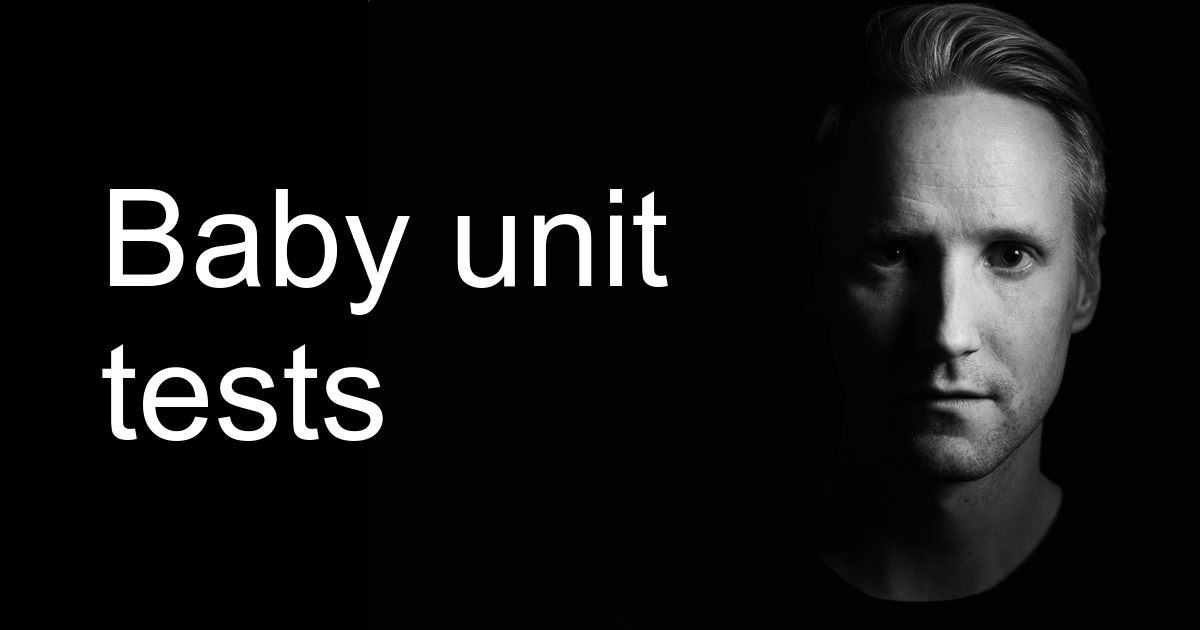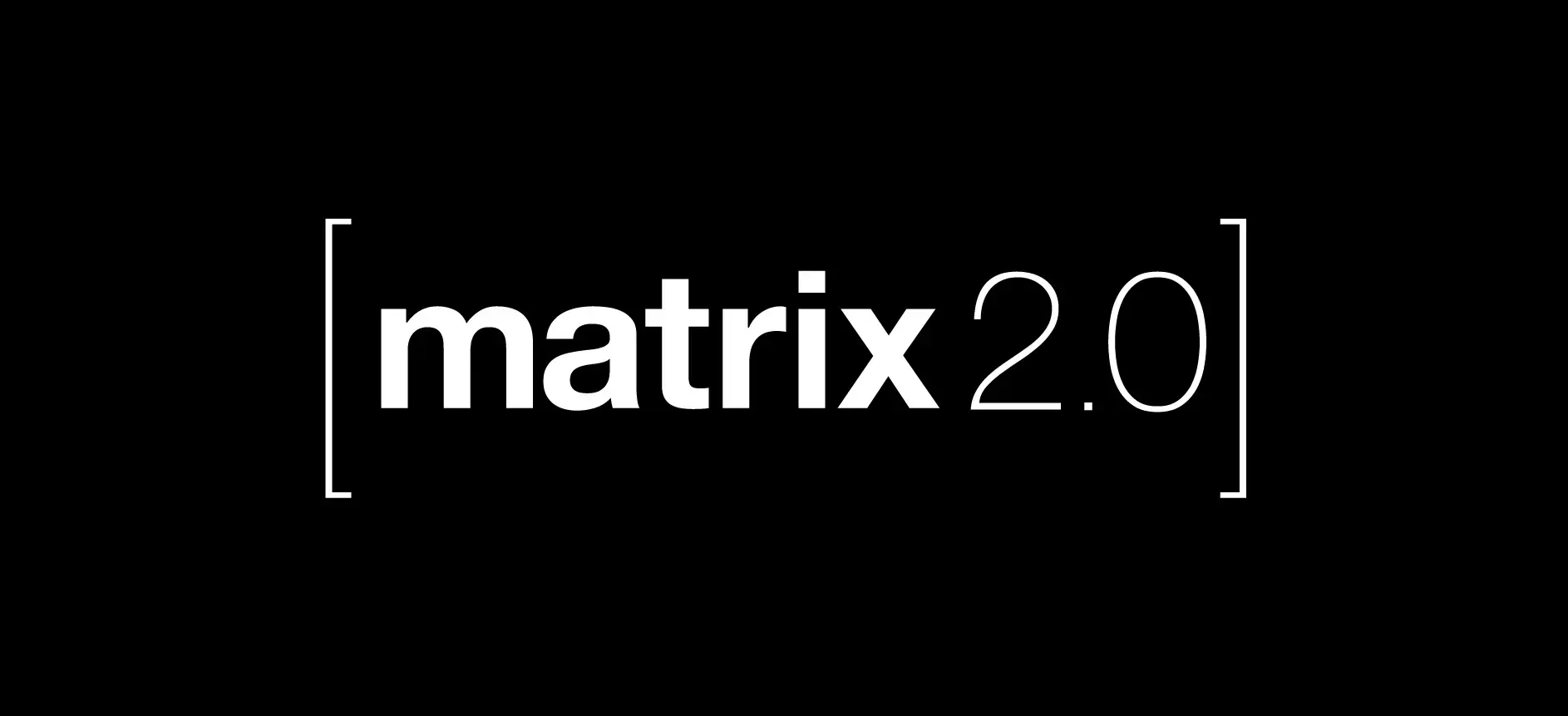- 23 Posts
- 263 Comments
Imagine if OSes in the 90s crashed as rarely as desktop OSes today. Imagine if desktop OSes today crashed as rarely as mobile OSes today. Imagine if mobile OSes crashed rarely enough that the average consumer never experienced it. Wouldn’t that be a better state of things overall?
Depends. What is the cost to get there? Will that sacrifice openness? Will that sacrifice portability? Will that require ossified structures that will make development of new applications more difficult?
Look, the article is talking from the perspective of someone who is developing web apps in Ruby. Performance is not a huge concern. Processes being crash-proof are not a concern. You know what is the concern? To be able to validate ideas and have something that bring customers willing to pay real money to solve their real problems.
For his scenario, forcing to define everything up front is a hindrance, not a benefit. And having GP screaming at it like this for having this opinion is beyond ridiculous.
I don’t really want to be talking past each other. The point I am refuting is that even if type-safety can help reduce the amount of bugs shipped, this is not the only metric that matters to measure the value of the software being developed.
bugs are really annoying
And being late or never delivering out of fear of shipping buggy code is even worse.
Some years ago, I worked on a crypto project that was financed via an ICO. This meant that whatever money the company was going to get was already in their hands, and their only job was to make sure they could prove they’ve done a best effort to deliver what was promised to investors.
Because of these incentives, the engineers were more concerned about covering their asses regarding bugs than to actually get the software out in the hands of users. The implementation was in python, and to the team it was easier to justify spending time on getting 100% mypy coverage than to get things in hands of users to see the value of what we promised to deliver.
In the end, by the time the team managed to deliver, the code was super well-tested, there were 0 mypy warnings and absolutely zero interest from other people in adopting our tool because other competitors have launched a whole year before them.
How many billion dollar companies were built on dynamically typed languages? Do you think that companies/bosses/investors care about the compiler warnings or whether you can deliver/iterate faster than the competition?
nobody likes plumbing, but we all know it’s necessary.
Is it, really? Are we all working on mission critical software? We are living in a world where people are launching usable applications with nothing but the prompt to an LLM, ffs, and you are there trying to convince yourself that pleasing the Hindley-Milner gods is fundamental requirement in order to deliver anything?
Good engineering is about understanding design constraints and knowing where to choose in a myriad of trade-offs. It’s frankly weird to think that such an absolute, reductionist view like yours got so much support here.
Open source or GTFO. :)
Seriously, Lemmy is AGPL. Any client you do and any functionality you build on top of it must be AGPL as well.
Now I am confused, are you able to make changes to the Lemmy codebase? A fork? If you want to find a way to fund development, why not just work with the current team?
As a concept, it could be a valid approach. But you need to put actual numbers to see if things make sense:
- What would be the monthly membership fee?
- What would be a reasonable SLA? If there is an outage on a Friday night, are the members okay if they wait until Monday to get it back someone online?
- What do you think is a good hour rate to pay for an admin?
- What should you pay for someone to stay on call?
- Can I run bots? How many? Does each bot count as a separate account?
I think you’ll see that as soon as you start asking people to put money and to feel like they “own” it, the demands will increase and so will the costs.
For reference, the one coop I am somewhat familiar is from Mastodon: cosocial.ca. Each member pays CA$50/year for an account. I think this is particularly too expensive. There are other cheaper “commercial” alternatives that charge less:

 1·6 months ago
1·6 months agoOk, which part of “multiple metrics” is not clear here?
Every risk analysis will have multiple factors. The idea is not to always have an absolute perfect ranking system, but to build a classifier that is accurate enough to filter most of the crap.
Email spam filters are not perfect, but no one inbox is drowning in useless crap like we used to have 20 years ago. Social media bots are presenting the same type of challenge, why can’t we solve it in the same way?

 61·6 months ago
61·6 months agoPlatforms like Reddit and Tumblr need to optimize for growth. We need to have growth, but it is does not be optimized for it.
Yeah, things will work like a little elitist club, but all newcomers need to do is find someone who is willing to vouch for them.

 11·6 months ago
11·6 months agoJust add “account age” to the list of metrics when evaluating their trust rank. Any account that is less than a week old has a default score of zero.

 1·6 months ago
1·6 months agoWhy does have it to be one or the other?
Why not use all these different metrics to build a recommendation system?

 2·6 months ago
2·6 months agoWell, I am on record saying that we should get rid of one-dimensional voting systems so I see your point.
But if anything, there is nothing stopping us from using both metrics (and potentially more) to build our feed.

 1·6 months ago
1·6 months agoThat would be only true if people only marked that they trust people that conform with their worldview.

 26·6 months ago
26·6 months agoThe indieweb already has an answer for this: Web of Trust. Part of everyone social graph should include a list of accounts that they trust and that they do not trust. With this you can easily create some form of ranking system where bots get silenced or ignored.
Would you like to bring this to https://nfl.community? I was thinking of having separate communities for highlights and memes as well.

 3·6 months ago
3·6 months agoHow is that an answer to my question?

 5·6 months ago
5·6 months agoOh, I guess I’ll bite…
If ads are not acceptable ever, please tell me how you think people should be supported.
- Crowdfunding is not enough.
- The culture is to reject any type of business, even when it’s a small mom-and-pop shop, or an indie dev.
- Co-ops could work, but (usually) require some level of affinity between the members (e.g: people from the same geographical region or artists working on some specific style/school) or they require some rich benefactor to bootstrap the venture.
Unless you are expecting people to just provide you free content forever, what do you suggest?

 22·6 months ago
22·6 months agoI honestly do not get it. Look at the pinned post: “Creating a new community is easy, but to get people on board, you need to create some content.”
Please, let’s not get into this habit of creating communities without having any clear purpose. It only makes things look even deader than they already are.

 461·6 months ago
461·6 months agoI use Sponsorblock, enjoy it, and promote it whenever appropriate… but do we really a whole community for that? What do you want to talk about it there?













Maybe because I created it?!